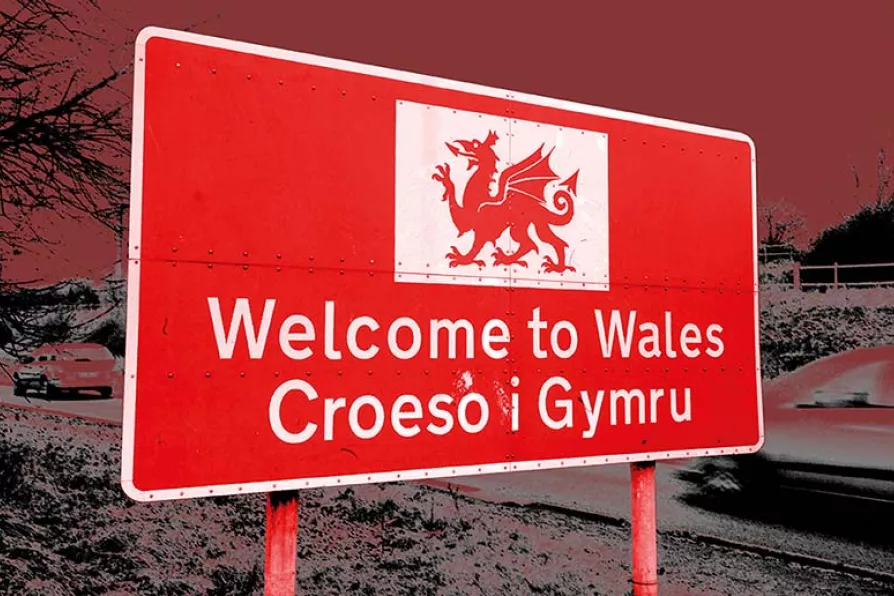The US-Israeli strikes against Iran are part of a decades-long war against the Islamic Republic which has refused to bow to US demands that it surrender its sovereignty, argues VIJAY PRASHAD


THE Hedley Gibbard Memorial Lecture, organised by Cymdeithas y Cyfieithwyr Cymru / The Association of Welsh Translators and Interpreters, at this year’s National Eisteddfod in Pontypridd, was delivered by local Communist Party member and trade unionist Guto Davies. The following is a translated precis of the lecture.
The title of my talk, “A Little In Welsh,” is in contrast to the powerful past slogan of the Welsh Language Society “Everything In Welsh — Popeth yn Gymraeg” and reflects the struggle to promote the language on its boundaries, in its no-man’s land where it is not at its strongest.
I have worked and lived in this community, which is mainly English-speaking, but which bears an affinity towards a language which has been lost to so many of the population.

MEIC BIRTWISTLE offers an appreciation of the renaissance man GARETH MILES

The historic heartland of anti-fascist resistance and mining militancy now faces a new battle — stopping Nigel Farage. ANDREW MURRAY meets ex-Labour MP Beth Winter and former Plaid leader Leanne Wood, the two socialists leading the resistance












